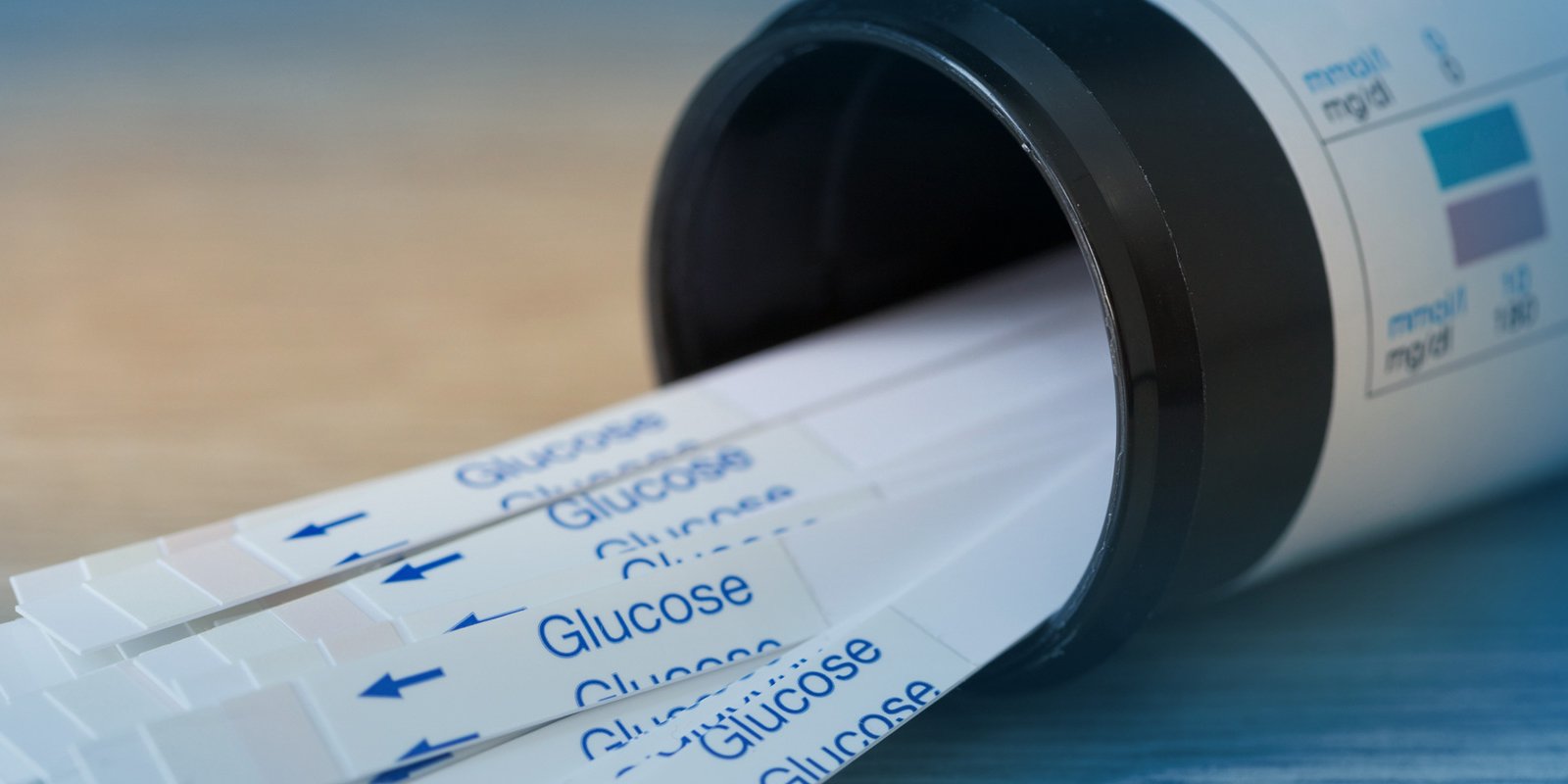
Medical Devices Repackaging and Parallel Imports: A "No-No" from the Milan Court
In Short
The Situation: In a recent hallmark case, the Court of Milan ruled on the viability of medical devices parallel imports, where the parallel importer repackaged the devices and the device rightholder opposed any such manipulation.
The Outcome: The court held that "the free movement of goods" and "trademark exhaustion" bedrock principles should be trumped anytime repackaging is not "strictly necessary" to duly commercialize certain products since—under circumstances unbeknownst to consumers—repackaging may impair the sterility and reliability of the device, and ultimately tarnish and blur the rightholder's trademark.
Looking Ahead: Participants in the medical and medicinal sectors in the European Union/European Economic Area ("EU/EEA") should consider the Court of Milan finding during discussions concerning parallel imports.
Johnson & Johnson ("J&J") is one of the pioneers in the field of "home blood glucose self-monitoring devices." In particular, in Italy J&J has been commercializing the device having Community registered trademark OneTouch® Ultra® in packages containing either 25 or 100 strips for glucose home-control. Medifarm is a parallel importer of medical devices that operates in Italy and elsewhere.
In 2013, Medifarm notified J&J that it intended to parallel import OneTouch® Ultra® in Italy, and it submitted certain packaging samples to J&J.
J&J immediately challenged Medifarm and it advocated the lack of any "actual need" to repackage the device, whilst the samples were unprofessionally repackaged and without the mandatory further CE marking for parallel imports (Legislative Decree No. 332/2000, Art. 1 and 9).
In response, Medifarm first asserted that repackaging was "pivotal and unavoidable" in order to commercialize 50-strip packs and ultimately claimed that repackaging: (i) opened up the OneTouch® Ultra® Italian market since packages of 25 or 100 strips (only) purportedly caused an undue market entry barrier; (ii) benefited the National Healthcare System in terms of savings because only the reimbursement for the purchase of 25 or 100-strip packages was allegedly allowed to consumers. Medifarm also argued that a new CE marking was not required because the relevant device had already been placed in the stream of commerce in the European Union/European Economic Area ("EU/EEA") by J&J itself.
The Relevant Legal Framework
Pursuant to Art. 7(2) of the EC Directive No. 2008/95, a trademark rightholder exhausts its rights thereof once the relevant goods have been placed in the marketplace under such trademark, unless "there exist legitimate reasons for the rightholder to oppose further commercialization […] especially where the condition of the goods is changed or impaired after they have been put on the market."
This provision, which is an expression of the free movement of goods principle set forth in Art. 28 TFEU, is the basis of parallel imports within the EU/EEA. Yet, at the same time, such a provision limits the trademark rights exhaustion rule, and as a consequence it confines the viability of parallel imports.
The Legal Proceedings Before the Court of Milan
After out-of-court discussions between J&J and Medifarm were unsuccessful, J&J commenced proceedings in 2014 for interim relief and had the Court of Milan provisionally seize Medifarm's parallel imported devices, while it filed a suit on the merits against Medifarm in order to have it condemned, inter alia, for: (i) the infringement of J&J's trademark; (ii) unfair competition or tortious acts to the detriment of J&J; and (iii) an injunction that would prevent Medifarm from such repackaging and commercialization activities of OneTouch® Ultra®.
Medifarm appeared (also in the interim relief proceedings) and asked the court to refer the "repackaging" question to the European Court of Justice ("ECJ") for a preliminary ruling and finally reject J&J claims as ungrounded.
For the sake of completeness, the parties' respective submissions virtually reflected the 2013 out-of-court respective claims.
The Main Issues
Chiefly, the Court of Milan had to assess whether: (i) the "strict necessity" principle as in the ECJ case law on Art. 7(2) of the EC Directive No. 2008/95 as it concerned the repackaging of medicinal products could apply to medical device repackaging cases; (ii) if so, how the test would apply in this case in order to allocate liability, if any.
The Outcome
According to the Court of Milan (judgment No. 12543/2017, published on December 13, 2017), J&J rightfully claimed the unlawfulness of Medifarm's repackaging of OneTouch® Ultra® pursuant to Art. 7(2) of the EC Directive No. 2008/95 on the following bases:
- The "strict necessity" principle conceived in the context of the manipulation of medicinal products may be applied by analogy to cases concerning medical devices. No preliminary ruling from the ECJ is required, provided that the interpretation of a certain new issue may (in any event) rely on a solid line of precedents (those on medicinal products). Under circumstances, "strict necessity" may be substantiated as the need to manipulate the packaging because local laws or praxis require a certain type of packaging, or because medical associations and the like impose certain dosages/dimensions for the medical treatment to be duly administered or reimbursed. If repackaging is merely justified by the parallel importer's attempt to get an upper hand, then the "strict necessity" test is never met. The parallel importer is burdened with the onus to prove "strict necessity."
- In this case, it was not "strictly necessary" to repackage the OneTouch® Ultra® in packages containing 50 strips, as opposed to 25 or 100, because there was no alleged entry barrier to the market. This is proven by Medifarm's ability to successfully commercialize the 50-strip packages at once. Furthermore, contrary to Medifarm's allegation, consumers could obtain reimbursement for the purchase of the 50-strip packages from the National Healthcare System. Because it lacked any grounded justification for manipulating J&J's OneTouch® Ultra® packaging other than gaining certain business advantages, Medifarm's repackaging and parallel imports of the relevant medical devices violated Art. 7(2) of the EC Directive No. 2008/95 and was declared unlawful. As a consequence, the Court of Milan upheld J&J's claims and rejected each and every of Medifarm's requests, condemned Medifarm to pay damages to J&J, and enjoined it from continuing any such activity.
Potential Impact on Players in the Relevant Market
Without a doubt, players in the medical and medicinal sectors in the EU/EEA should take the Court of Milan finding into consideration at any stage of business discussions concerning parallel imports, particularly with respect to the application of the "strict necessity" test. On the one hand, parallel importers should expect trademark rightholders to be more confident and aggressive in enforcing their trademark rights relying on this decision. On the other hand, trademark rightholders should watch out for a "boomerang effect," which may trigger both well-thought-ahead defensive strategies on the parallel importers' side and consumer actions (maybe even class actions) against trademark rightholders and parallel importers for the incomplete disclosure of the risks related to repackaging activities and the like.
This is a landmark decision concerning a fast-paced industry. We will soon witness its aftermath and whether more court cases in Italy and in the EU will follow.
Three Key Takeaways
This hallmark decision puts the parallel imports of repackaged medical devices in the spotlight, and proves the Court of Milan's sophistication and prerogatives when dealing with cases standing at the crossroads of law, policy making and business.
1. For the first time:
- A court within the EU/EEA ruled on the viability of parallel imports of "repackaged" home self-monitoring medical devices, which may be purchased by consumers in any pharmacy;
- An Italian court ruled on parallel imports of medical devices; and
- Case law precedents and principles concerning parallel imports of medicinal products have been applied to medical devices.
2. Such a close scrutiny of "strict necessity" as a prerequisite to lawfully repackage medical devices demonstrates that the Court of Milan is particularly concerned with consumer protection.
3. This further proves that the Court of Milan is very cautious when it comes to striking a balance between trademark protection and the free movement of goods; although the rightholder may have exhausted its trademark rights, still such rights may "revive" should the parallel commercialization of certain goods tarnish and/or blur its trademark in the pursuance of the parallel importer's attempt to gain undue business advantages.



